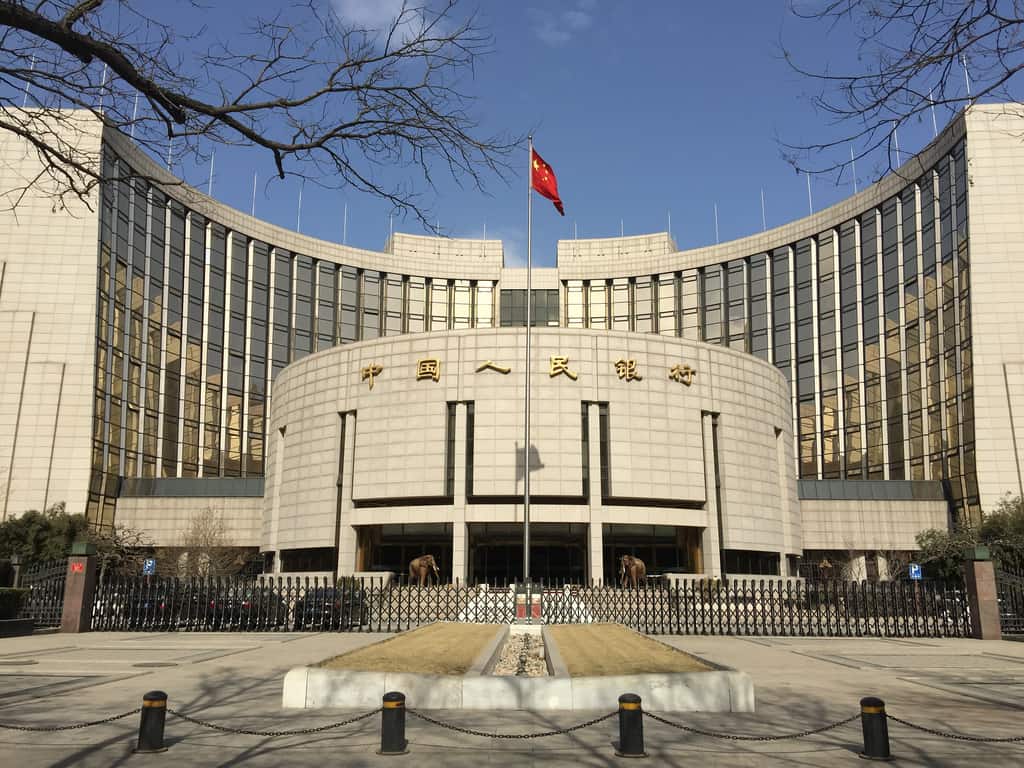The Chinese central bank has warned the country’s commercial banks against using its new central bank bills swaps as means of shifting risky assets off balance sheet.
On 14 January the People’s Bank of China (PBOC) announced the launch of central bank bills swaps (央行票据互换工具) (CBS) that open market primary dealers can obtain from the central bank in exchange for perpetual bonds issued by qualified Chinese banks.
PBOC hopes the move will help to support the liquidity of commercial bank perpetual bonds, whose issuance it green lighted towards the end of last year with the hope of shoring up the capital adequacy levels of lenders.
The launch of CBS arrived just prior to the debut sale of perpetual bonds by a Chinese commercial bank, with Bank of China issuing 40 billion yuan in the new instruments on 25 January at a 4.5% yield.
Less than a week subsequently PBOC is already taking pains to warn against misuse of perpetual bonds or CBS by Chinese commercial banks for untoward purposes.
Sun Guofeng (孙国峰), head of the central bank’s monetary policy department, said to Wallstreetcn.com there is a major misconception on the market that banks can use the instruments to “achieve shifts off balance sheet, reduce risk exposure, or even segregate bank perpetual bond risk.”
“Bank perpetual bonds are still held by banks with no shift in ownership,” said Sun. “Banks cannot use these instruments to achieve off-balance sheet shifts, and the credit risk is still borne by banks.
“The central bank only provides support to the liquidity of bank perpetual bonds and does not bear credit risk, while the CBS swapped out by banks cannot automatically be used to obtain base money from the People’s Bank of China, and is not at all a Chinese version of quantitative easing.”
In Sun’s explanation CBS differ from quantitative easing in two fundamental respects, the first being that CBS do not involve the release of base money or change overall market liquidity, while quantitative easing entails the central bank purchasing assets to release base money and expand liquidity.
A second key distinction is that CBS do not require the Chinese central bank to bear credit risk, and the central bank is not endorsing the perpetual bonds of commercial banks, while quantitative easing would require that the central bank purchase a range of risky assets such as mortgage-backed securities.
Sun stressed that the policy goal of perpetual bonds is to improve the capital standing of Chinese banks in order to expedite lending.
“The issuance of perpetual bonds serves as a breakthrough opportunity…[we] encourage banks to issue perpetual bonds to shore up capital, because the capital of banks is a primary constraint on the creation of deposits by banks when lending.
“The next step is to use other capital supplementation methods to advance the supplementation of capital by banks via multiple channels.”




